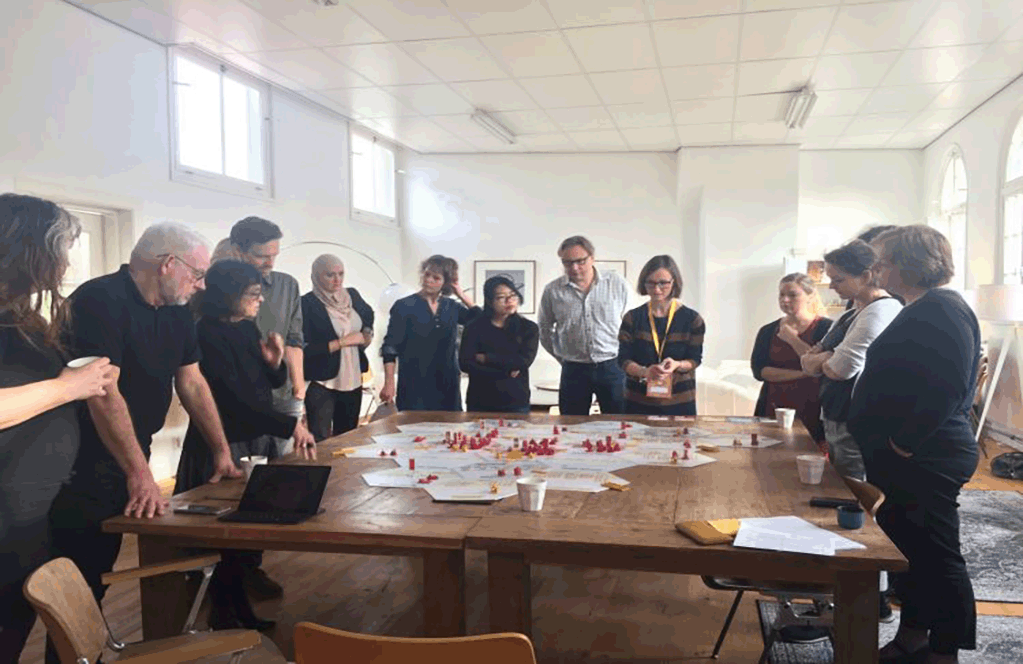Games for Cities
The Smart City Hospitality (2016)
Amsterdam [NL]
The Smart City Hospitality (SCITHOS) project addresses these issues by supporting cities to make the transition towards resilient and responsible tourism.

By combining hospitality principles, simulation tools, apps and serious gaming techniques, city tourism in six cities – Amsterdam, Belgrade, Darmstadt, Goteborg, and Stavanger, Valencia – examined.
The framework places the discussion of city tourism in a systems perspective to create a more holistic discussion of the role and impacts of tourism in a city.
The SCITHOS framework serves as the reference point for context-specific discussions about urban tourism with the Smart City Hospitality Project. Based on extensive literature review and over 50 interviews with stakeholders in the six participating cities, the SCITHOS framework combines current thinking on sustainable development with thinking on city hospitality and resilience. The framework places the discussion of city tourism in a systems perspective to create a more holistic discussion of the role and impacts of tourism in a city. The project and game stimulate collaborative forms of decision- making, even for a subject like city tourism development, which has in recent years been characterised by its divineness.
Smart City Hospitality (SCITHOS) is developed in cooperation with the Dutch Centre of Expertise, Leisure, Tourism, and Hospitality (CELTH) and project partners Breda University of Applied Sciences, Western Norway Research Institute, MODUL University Vienna, and Worldline Spain.